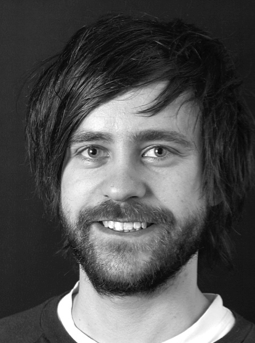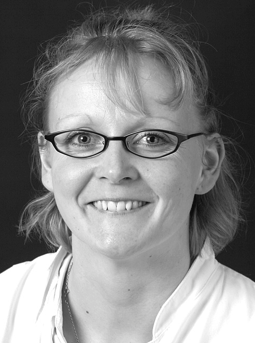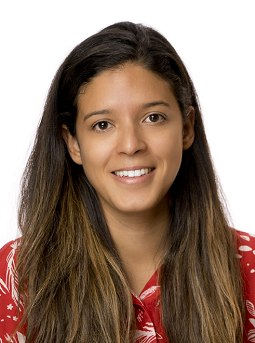Live active healthy ageing
Continuing our contribution to the application of MR in cohort and population research the Live active healthy ageing (LISA) was initiated by Institute of Sports Medicine, Bispebjerg Hospital and Center for Healthy Aging, University of Copenhagen. As a cross-disciplinary approach to aging research the primary aim of the LISA study is to compare the immediate and long-term (2-10 years) effects of two different 12-months resistance training interventions (high vs. moderate intensity) in individuals close to retirement-age (62-70 years). Complementing detailed physical and cognitive assessments performed at Bispebjerg Hospital, annual MRI scans of the brain and thighs are performed at the DRCMR. Multi-modal Brain MRI is used to characterize the brain in this large group of population-based retirement-age individuals, and to assess the 1-year effects of physical activity on brain structure and function. Thigh MRI will provide information on muscle area and the ratio of fat and muscle. In addition to effect of 1-year moderate and high intensity physical training we want to track individual longitudinal late-life aging trajectories.



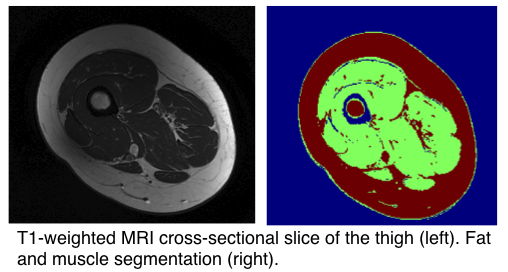
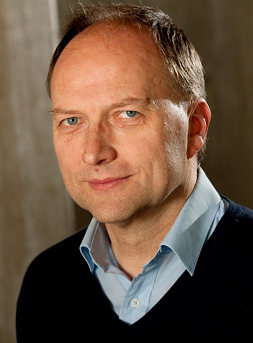 Michael Kjær
Michael Kjær
